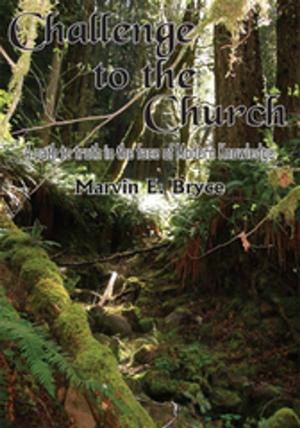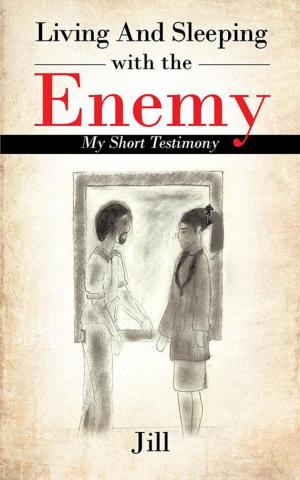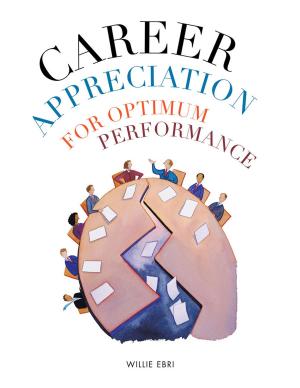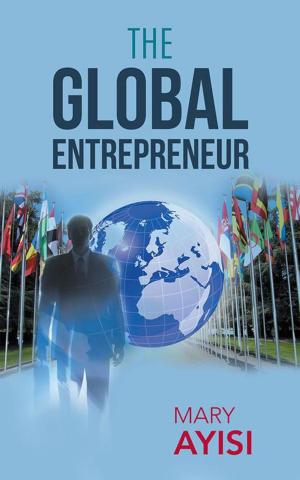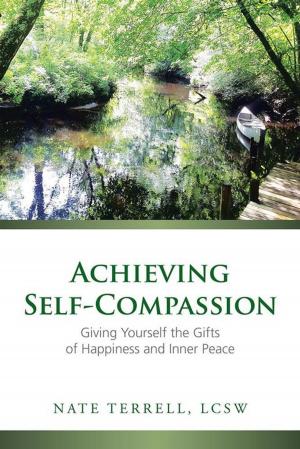| Author: | Yaw Sachi | ISBN: | 9781410771346 |
| Publisher: | AuthorHouse | Publication: | July 14, 2003 |
| Imprint: | AuthorHouse | Language: | English |
| Author: | Yaw Sachi |
| ISBN: | 9781410771346 |
| Publisher: | AuthorHouse |
| Publication: | July 14, 2003 |
| Imprint: | AuthorHouse |
| Language: | English |
CRYING FOR FREEDOM tells the story of Oheneba, a young man from Africa whose desire to escape his native country's defective social, political, and economic systems propels him to Europe and eventually to the United States. He discovers that neither place is the "land of milk and honey" he had dreamt of. His experiences and observations during his travels dampen his hope for the black race, which he views as not only failing to trust itself, but also reposing blind trust in the white race and in the Christian religion of meekness and forgiveness: misplaced trust that has enabled the aggressive and the "strong" to perpetually dominate the black race. Oheneba comes to the scathing determination that the white race is a ruthless, bloodthirsty race, quick to give charity but not justice, a race that is never satisfied, that relentlessly pursues positions of command, glory and wealth of every kind, even if it means colonizing and enslaving other races and declaring them personal property.
Yet, Oheneba concedes that he has reached his current station in life partly due to the benevolence of the white race. As much as he tries to hate white people for their greedy and wanton destruction of his race, hate is a feeling very difficult for him to adopt. Oheneba cannot bring himself to apply the word "racist" to whites, partly because he has had worse experiences at the hands of his fellow blacks.
In the end, Oheneba concludes that despite the many sins in white America's past and the flaws in its present, they share with him a common humanity that is evident just below the surface. Oheneba wonders, rather boldly, whether his own life story provides evidence that white America, for all its atrocious and evil deeds, may possess a paradoxical goodness. In order for black people to find their places in mainstream America, much depends upon the generosity of white Americans. And to the extent that many white Americans of past and present are decent, fighting for black people's equal rights and access to mainstream America, sometimes even helping black folks to get ahead of their fellow whites, this paradoxical goodness is evident. Ironically, it is the very attributes of the social systems that Oheneba was running away from that ultimately became his grace: e collective culture or the "it-takes-the-village-to-raise-a-child" approach to life. Oheneba loathed this culture because he felt it created comfort and security for the African and resulted in the suppression of individual responsibility and accountability.
CRYING FOR FREEDOM tells the story of Oheneba, a young man from Africa whose desire to escape his native country's defective social, political, and economic systems propels him to Europe and eventually to the United States. He discovers that neither place is the "land of milk and honey" he had dreamt of. His experiences and observations during his travels dampen his hope for the black race, which he views as not only failing to trust itself, but also reposing blind trust in the white race and in the Christian religion of meekness and forgiveness: misplaced trust that has enabled the aggressive and the "strong" to perpetually dominate the black race. Oheneba comes to the scathing determination that the white race is a ruthless, bloodthirsty race, quick to give charity but not justice, a race that is never satisfied, that relentlessly pursues positions of command, glory and wealth of every kind, even if it means colonizing and enslaving other races and declaring them personal property.
Yet, Oheneba concedes that he has reached his current station in life partly due to the benevolence of the white race. As much as he tries to hate white people for their greedy and wanton destruction of his race, hate is a feeling very difficult for him to adopt. Oheneba cannot bring himself to apply the word "racist" to whites, partly because he has had worse experiences at the hands of his fellow blacks.
In the end, Oheneba concludes that despite the many sins in white America's past and the flaws in its present, they share with him a common humanity that is evident just below the surface. Oheneba wonders, rather boldly, whether his own life story provides evidence that white America, for all its atrocious and evil deeds, may possess a paradoxical goodness. In order for black people to find their places in mainstream America, much depends upon the generosity of white Americans. And to the extent that many white Americans of past and present are decent, fighting for black people's equal rights and access to mainstream America, sometimes even helping black folks to get ahead of their fellow whites, this paradoxical goodness is evident. Ironically, it is the very attributes of the social systems that Oheneba was running away from that ultimately became his grace: e collective culture or the "it-takes-the-village-to-raise-a-child" approach to life. Oheneba loathed this culture because he felt it created comfort and security for the African and resulted in the suppression of individual responsibility and accountability.

